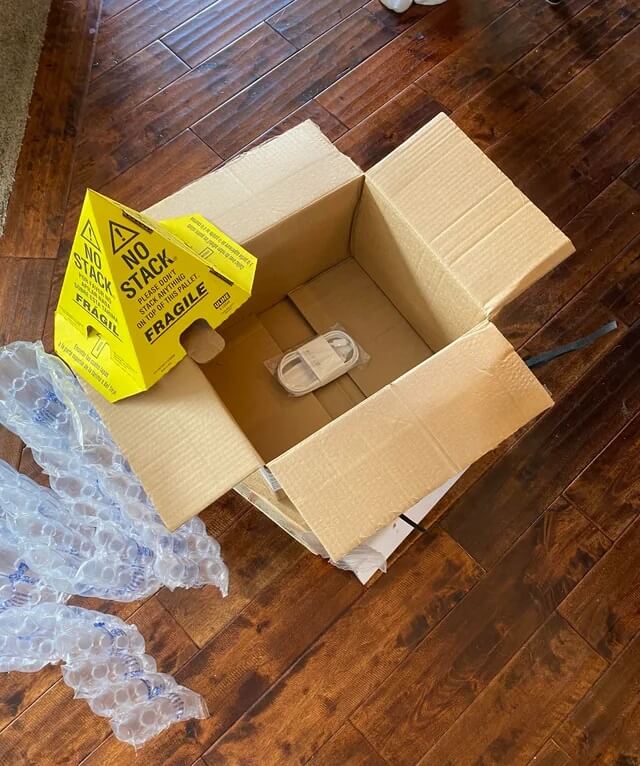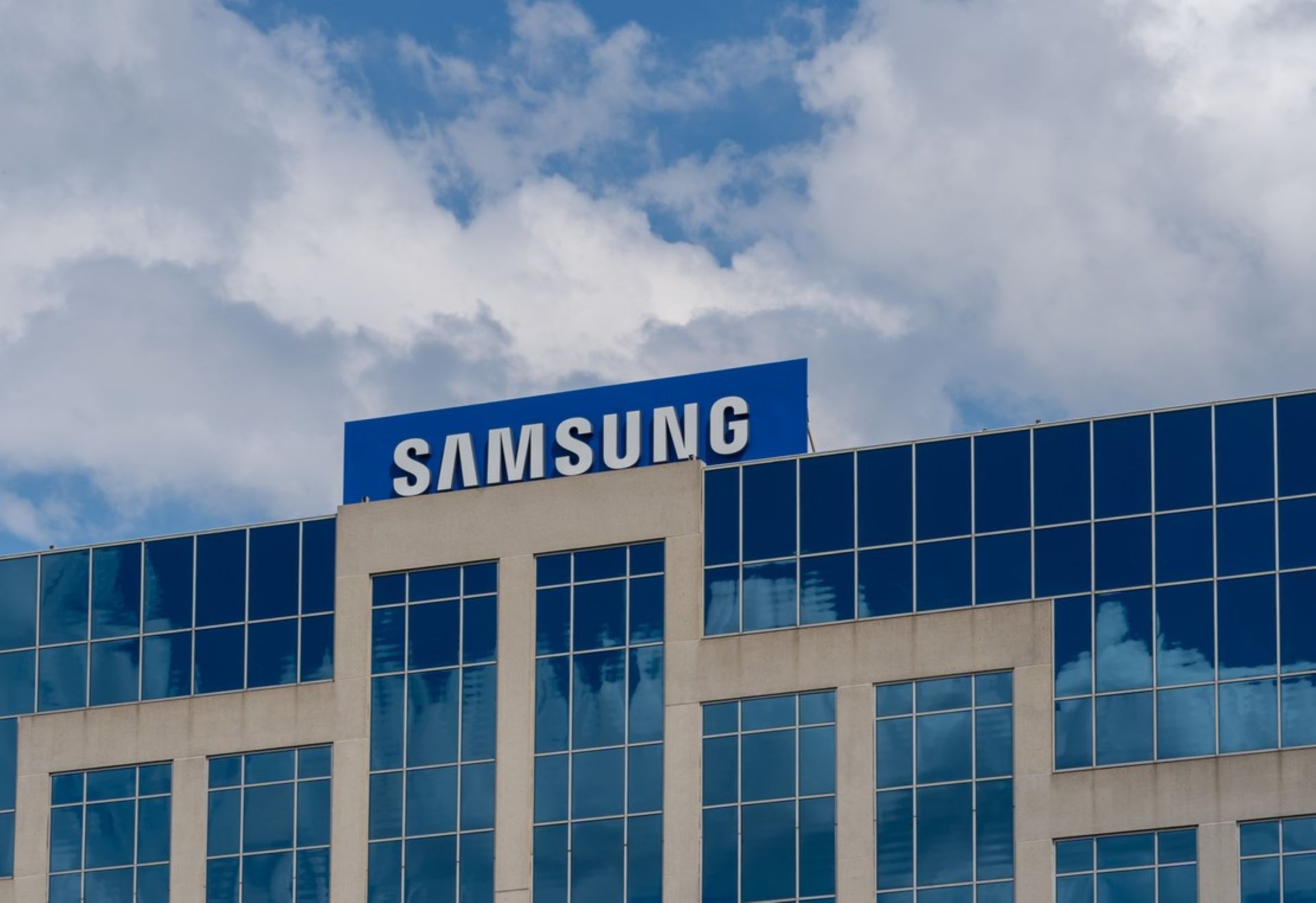E-commerce is booming, but the overpackaging and endless shipping associated with the industry is contributing to excessive pollution of the Earth.
A Redditor shared an example, showing a couple of photos of a delivery gone horribly wrong.
"This was a Samsung laptop warranty replacement charge cord," the poster wrote, punctuating the absurdity with some additional flourishes.


The size of the cardboard box relative to the cord is the real issue, while the poster surely added an unnecessary pallet and warning cone for comedic effect.
"This has got to be the worst I've seen," one commenter said.
Mobile commerce is expected to exceed $511 billion this year, accounting for 16.4% of retail sales in the United States, per Forbes. It's creating "a serious and growing problem when it comes to retail waste disposal and management," ACTenviro reported.
The Environmental Protection Agency stated that discarded packaging used for protecting and shipping added 82.2 million tons of waste to America's landfills in 2018, comprising 28.1% of municipal solid waste.
Transporting so many goods, packing materials, containers, and pallets generates 15 million tons of carbon pollution per year, according to ACTenviro, equivalent to that of more than three million cars.
Among others, researchers at Michigan State University are working to fix the issue — and change the conversation. An August study showed starch-based bioplastics would be an ideal replacement for single-use plastic packaging because of their compostability, but industries and consumers still have to change behaviors.
"There's not going to be one solution to the entire problem of plastic waste management," first author Pooja Mayekar told MSUToday. "What we've developed is one approach from the packaging side."
To reduce packaging waste and delivery pollution, consumers can buy from local retailers and those that use recyclable and compostable materials and choose to have items delivered on the same day.
Businesses can use properly sized boxes by documenting the dimensions of their products, optimize how they pack merchandise with cartonization software, reuse packaging, and adopt other sustainable solutions.
Join our free newsletter for cool news and actionable info that makes it easy to help yourself while helping the planet.









